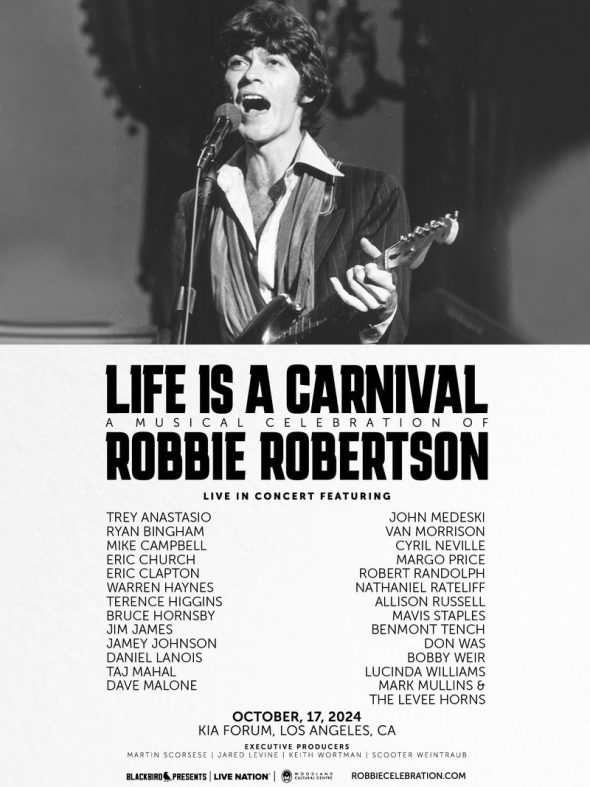In a study of amateur musicians, the rate of overuse injuries is more than 70 percent. Music is a demanding line of work that requires an enormous amount of practice for students and professionals. It is important to know the symptoms of overuse to avoid developing repetitive stress injuries.
An overuse injury is a micro trauma that occurs to bone, muscle, tendon, or ligament. Pain and inflammation can accompany the conditions and they are often quite painful. Overuse injury is a chronic condition. This means that the condition is persistent. Overuse injuries can occur in any part of the body. For musicians, it is most commonly seen in the shoulders, arms, wrists, hands, and fingers. It can also be seen in the neck, back, knees, or any other body part that requires the same movement that consistently provides overstress to the bone, tendon, ligament, or muscle. This inflammation can weaken the tissue over time.
Symptoms of Overuse Injuries
Common signs of overuse injuries seen in music artists include muscle aches, soreness, swelling, decreased strength and speed, or pain with activity. Most musicians make the mistake of playing through the pain, even if they were instructed not to do so. This can be a career-ending move. Not treating the condition can cause lifelong damage and chronic pain when playing.
Your PCP or orthopedic surgeon will diagnose the injury. This may be done by examination or the doctor may order tests. Tests may include x-ray, MRI, or CT scan. These tests can help the medical professional diagnose if a stress fracture is present in the bone or if any soft tissue is torn.
Treatment for Overuse Injuries
The goal for musicians is to continue practicing and playing. This may be possible with proper treatment, particularly when the injury is caught early. Treatment can include a wide variety of seemingly simple elements. These things, while simple in appearance, play a very beneficial part in healing the injury.
Resting the injured body part is very important. This allows the soft tissue or bone to regenerate without increasing or reinjuring the area. Many musicians make the mistake of resuming practice or playing as soon as the pain fades or disappears. This is often not necessarily an indication that the injury is healed. Lack of pain is because the inflammation has gone away. While this is a good first step, it is important to speak with your doctor or orthopedic specialist before resuming your practice regimen.
Ice is another treatment for overuse injury in musicians. Ice can be used throughout the course of the day to treat the pain of the injury. Leave the ice on the injured location for 20 minutes. Then, remove the ice for 20 minutes. Do not put the ice directly on the skin. Use ice after every practice or performance. Allow the skin to warm back to room temperature before applying ice after the initial use.
Sometimes, medical providers will prescribe a regimen of physical therapy. These exercises may be taught to musical artists in their doctor’s office or the musician may be sent to see a physical therapist. The goal of physical therapy is to strengthen the soft tissue and hopefully avoid future injury.
Medication is another treatment option. Anti-inflammatories can be very useful. Make sure that you take any medication, as your doctor prescribes it. If your pain is severe, they may recommend a cortisone injection.
Overuse injuries can last up to six weeks. It is important that you follow your course of treatment even if you feel better. As a musician, you do not want to reinjure the area. Re injury can keep you from practicing and performing for even longer. Do not take up with your regular practice schedule without first speaking with your doctor.
To minimize the risk of overuse injury as a musician you can do several things. Make sure that you do not over-practice. Take breaks to allow your body to rest. While it may seem like an improper use of time, it’s beneficial to prevent injury. Stay flexible, keep your limbs warmed up and stretched. Being a musician does not stop you from injury. Pay attention to your body. You should not “play through” the pain. Our body sends pain signals to tell us something. Listen to your body.
Robin is a blogger at Matthew Boes M.D. Orthopaedic Surgery in Raleigh, North Carolina. She is a musician and wants to prevent overuse injuries.



